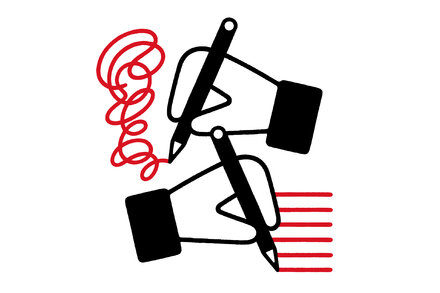Discovering an acquaintance’s spouse is leading a double life presents a profound ethical quandary. This article delves into the complex moral, social, and emotional considerations involved in deciding whether to reveal such a truth.

The ethical dilemma of whether to inform an acquaintance about a spouse’s infidelity or “double life” is a complex issue, pitting the perceived moral obligation to reveal truth against the principles of privacy and non-interference in personal relationships. This situation often leaves individuals grappling with significant moral, social, and emotional considerations.
The Weight of Disclosure
For many, the initial instinct might be driven by a sense of justice or concern for the deceived party. The idea of someone living under a false pretense can provoke a strong desire to expose the truth. However, the decision to intervene carries substantial weight, as it involves inserting oneself into a highly personal and potentially volatile situation.
“The decision to reveal sensitive personal information about another person’s marriage is fraught with ethical complexities,” noted one ethicist specializing in interpersonal dilemmas. “It forces an individual to weigh the perceived benefit of truth against the potential for immense harm and the violation of privacy.”
Key factors influencing this impulse often include the perceived severity of the deception, the length of time it has been ongoing, and the potential emotional or financial harm being inflicted upon the unsuspecting spouse.
Considerations Before Acting
Before any action is taken, experts suggest several critical considerations. Foremost among these is the reliability of the information. Rumors, hearsay, or unverified suspicions can lead to devastating and unwarranted accusations. Verification, though difficult in private matters, is paramount to avoid becoming a purveyor of false information.
Another crucial element is the nature of the relationship with the acquaintance. Is the bond strong enough to warrant such an intervention, or is it a more distant connection? The closer the relationship, the more likely the acquaintance might feel a sense of betrayal if the information is withheld. Conversely, a distant acquaintance might resent the intrusion, or the “messenger” could face significant backlash.
“When considering intervention in another’s relationship, especially if it’s an acquaintance, one must carefully evaluate the reliability of the information and the potential for unintended consequences,” advised a long-standing relationship counselor. “Often, the messenger bears the brunt of the fallout, regardless of their intentions.”
The potential consequences are far-reaching. While disclosure might empower the acquaintance with truth, it could also trigger profound emotional distress, lead to the breakdown of a family, or even result in legal complexities. The informant must also be prepared for the possibility of being blamed, or for the revelation to backfire, causing more harm than good.
The Argument for Discretion
Conversely, many ethical frameworks advocate for non-intervention in such private matters. The argument for discretion centers on the idea that marital issues are inherently personal and complex, often involving dynamics not fully understood by outsiders. Interfering could be seen as a violation of privacy and an inappropriate overstep of boundaries.
Furthermore, there is the risk that the acquaintance might already be aware of, or have suspicions about, the situation, choosing to confront it in their own time and manner. An external revelation could disrupt their coping mechanisms or chosen path forward.
Ultimately, the decision rests on a personal ethical framework, balancing empathy and a desire for truth against the recognition of personal boundaries and the potential for negative repercussions. There is no universally prescribed answer, underscoring the profound difficulty of such a moral quandary.
Source: Read the original article here.





